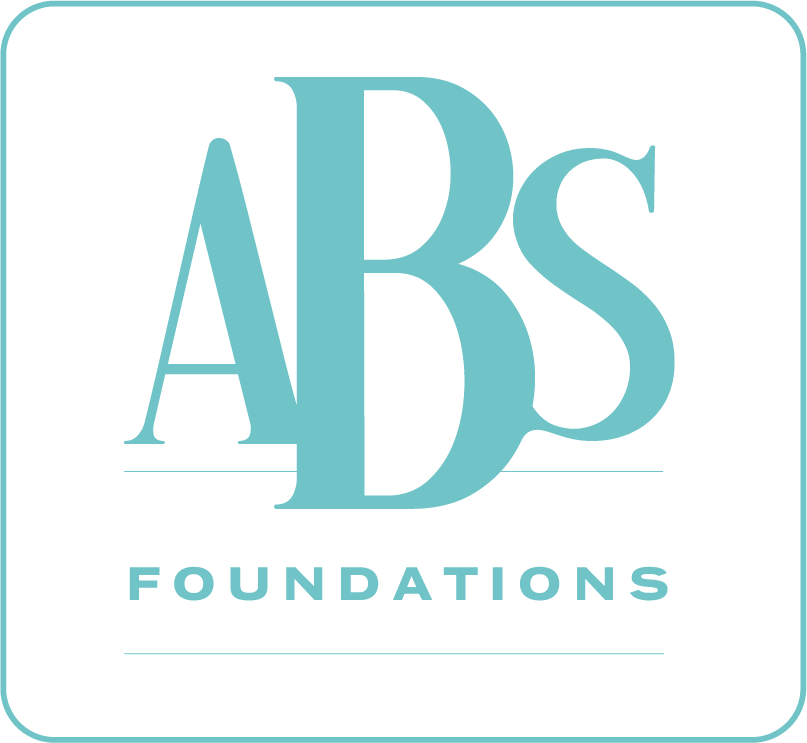Introduction:
Brittany Ashley, OTR/L is a graduate of Elon University where she earned her Bachelor of Science degree. She then graduated from Virginia Commonwealth University where she earned her Master’s of Occupational Therapy degree. Brittany has years of experience working in both pediatric outpatient, and school settings. She has been with ABS Foundations since 2016. Brittany believes in using a child-directed approach in therapy, facilitating children to reach their functional goals, and increase overall independence.

What is Occupational Therapy?
Occupational therapy helps children improve their motor, physical, sensory, and cognitive skills in order that they may participate fully in their everyday lives.
Occupational Therapists work with children with a variety of disorders such as Autism, ADD/ADHD, Down syndrome, Sensory Processing Disorder, Feeding disorders and Visual Processing Disorders. These conditions can affect a child’s ability to perform daily tasks such as getting dressed, going to the bathroom, eating, coloring, writing and interacting appropriately with others. The individualized treatment given through Occupational Therapy can include refining sensory processing, gross and fine motor skills, social skills, hand/eye coordination, feeding intervention and more. Occupational Therapy services address these challenges head on, and implement treatment through skilled intervention, play and activities to engage your child
Occupational therapists strive to make therapy sessions fun, but still functional. By participating in motivating activities(i.e. board games, crafts, obstacle courses, group play, and more), children are developing skills while having fun! Occupational therapists help children develop these necessary physical, cognitive, and sensory skills so they can perform daily tasks more independently.
How Occupational Therapy helps children:
Occupational therapists work with children in the following areas:
- Learning to perform activities of daily living (ADLs), such as dressing, bathing, toileting, daily hygiene, feeding, and overall self-care.
- Addressing Instrumental Activities of Daily Living (IADLs), which refer to higher level skills that are required not only for daily self-care, but to live independently. Examples of IADLs include activities such as cooking and meal preparation, daily chores, cleaning, managing money, navigating various environments, and/or taking public transportation.
- Improving fine motor skills so they can grasp and release appropriately, therefore developing proficient handwriting skills. Utilizing a variety of techniques and modalities to meet each child wherever they are in their writing journey is a priority.
- Implementing strategies into a child’s daily routine to assist with self-regulation and control.
- Utilizing Brain Gym exercises to develop the cognitive and intellectual skills of a child. The motive of doing brain gym exercises is to keep your brain active and productive. Such activities improve learning and mental organization as well.
- Addressing hand-eye coordination to improve kids’ play and school skills (hitting a target, batting a ball, copying from a blackboard, etc.)
- Addressing executive functioning skills to encourage independence and organization. Executive functioning skills include proficiency in adaptable thinking, planning, self-monitoring, self-control, working memory, time management, and organization.
- Maintaining appropriate behaviors in all environments (e.g., instead of hitting others or acting out, using positive ways to deal with frustrations, such as writing about feelings or participating in a physical activity).
- Evaluating the need for specialized equipment, such as wheelchairs, splints, bathing equipment, and dressing devices.
- Improving attention and social skills to allow development of interpersonal relationships. Social skills groups are utilized to engage children and their peers in functional and appropriate play. Using a group setting, children are able to work towards their individual goals, while also improving on social/emotional goals with peers.
- Implementing sensory integration services to help children process, interpret, and respond to what they see, hear, smell, taste and touch throughout the day in appropriate ways.
Brittany would be happy to sit down and discuss the role Occupational Therapy can play in your child’s life at ABS Foundations.
